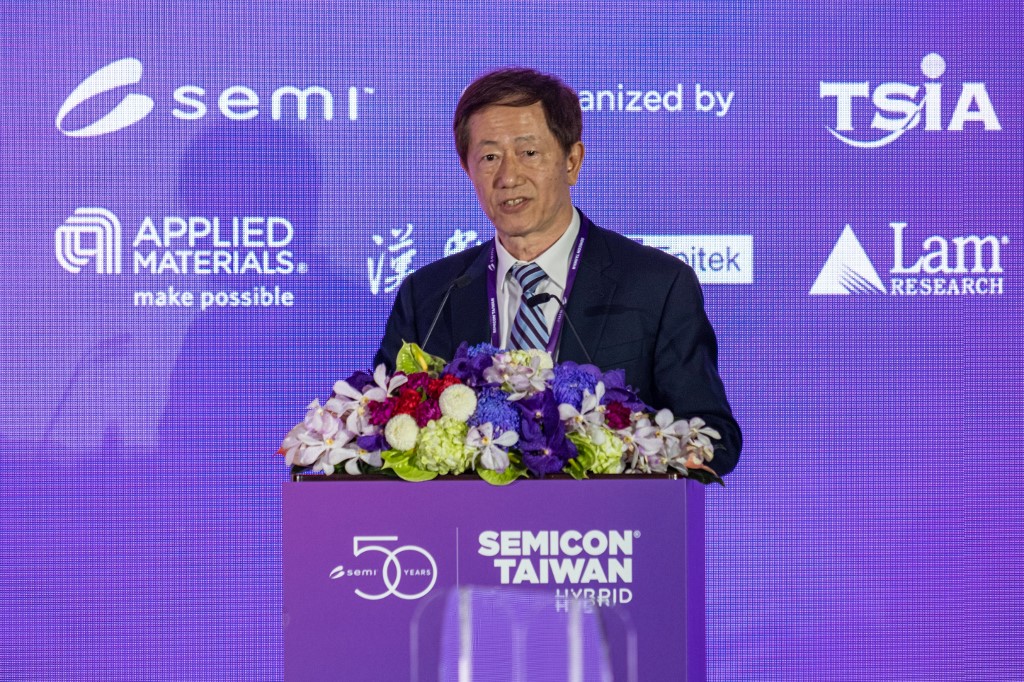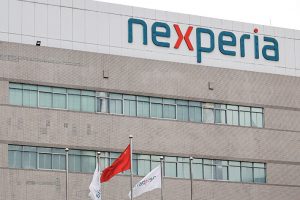TAIPEI: Taiwan Semiconductor Manufacturing Co, the world’s largest contract chipmaker, will get US government approval to ship processors for common consumer electronics designed by embattled Chinese telecom giant Huawei Technologies despite a general ban against Huawei that took effect in September, analysts believe.
US regulators are expected to let the company, better known as TSMC, sell chips made with older technology for personal computers and 4G smartphones – items that Washington considers a low security threat, tech experts say.
But they are expected to stop TSMC from selling Huawei chips for server processors and 5G base stations.
“I suspect that the US government allowing any sort of business with Huawei really depends on the type of product,” said Yao Tse-yong, a former buy-side equities analyst who follows TSMC.
“In particular, I think the US is most concerned about Huawei’s telecom business. But things like laptops or servers, which are deemed less of a competitive threat, might get through.”
TSMC could probably qualify to sell semiconductors made with its older lithography processes, said Brady Wang, an analyst in Taipei with the market intelligence firm Counterpoint Research. The 16-nanometer process, for example, would help Huawei and its semiconductor subsidiary HiSilicon Technologies build consumer electronics.
“I think things related to wearables and IoT, that stuff will open up, even if they do things for smartphones, eventually those things will open up,” said Mario Morales, a programme vice president with market research firm IDC in the United States.
Semiconductors made with TSMC’s more modern 7-nanometer processes would not qualify for shipment to Huawei, Wang said.
Seven-nanometer chips run faster on lower power than previous iterations – ideal for Huawei’s networking equipment and high-performance computing gear. TSMC plans to begin “risk production” of its even more advanced 2-nanometer node next year.
Network Gear Seen as Biggest Concern
Washington sees Chinese government-invested Huawei as a national security threat. It worries particularly about Huawei’s use of networking equipment and high-performance computing, Morales said.
Huawei, already the world’s No. 2 smartphone vendor after Samsung in the second quarter of 2020, launched a cloud service last year and is expected to operate it with high-performance computing.
The US Department of Commerce last year put Huawei on its Entity List of companies barred from doing business with any organisation in the United States.
An August 2020 order that took effect on September 15 added 38 Huawei affiliates to the Entity List and restricts transactions where US software or technology “is the basis for a foreign-produced item” used to build gear for the Chinese tech giant.
The Commerce Department can cancel the US licences of companies, including those based offshore, that do business both with American firms and with Huawei.
TSMC, a 33-year-old firm that’s headquartered in Taiwan, needs to continue sourcing raw materials and circuit designs from the United States, too, and that channel could be closed off if it kept selling to Huawei.
Counterpoint estimates that the share of revenue that TSMC earned from Huawei rose from 6.8% in 2016 to 14.5% last year.
TSMC declined to say during its October 15 quarterly earnings conference whether it had received any special licence from the United States and CEO CC Wei called the idea “unfounded speculation”.
American chip designers Intel and AMD have gotten licences to do certain business with Huawei, Morales said. Taiwanese chip developer MediaTek applied for a permit in August.
But AMD and MediaTek are “working with the less sensitive side” of Huawei, Yao said.
Taipei-based market research firm TrendForce analyst Zeng Guan-wei believes TSMC has applied as well and is awaiting a US response. He’s not optimistic about anything made with TSMC’s more advanced processes.
“The US is highly unlikely to approve the shipment of chips manufactured with advanced process technologies to Huawei,” he said.
“The US sanctions are ultimately aimed at preventing China from making further progress in telecom-related technologies. On the other hand, shipments for chips manufactured with mature processes is more likely to be approved.”
• By Ralph Jennings
This page was upgraded on February 14, 2022 to meet style standards.
ALSO SEE:
World’s biggest chipmaker expect to absorb loss of Huawei
How a Taiwan maker of cheap chips beat US curbs on Huawei






















